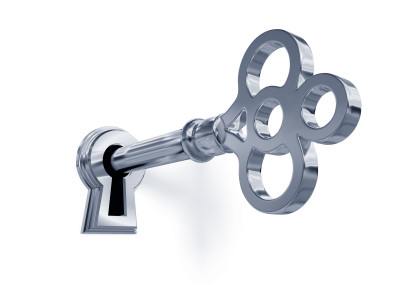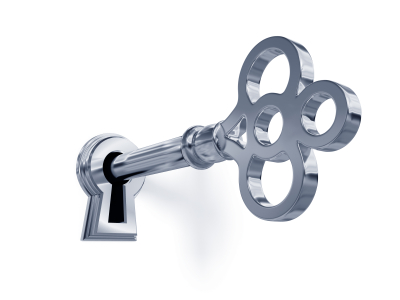Have you taken on the task of cleaning your home with a vengeance since the coronavirus was first announced?
Do you scrub every counter, vacuum the floors, add baking soda to every load of laundry? Yet you still wonder if it’s enough – what more can you do?
At some point, you might take a brush and cleaner to everything in your home. What about your piano? Is there a right way for cleaning your piano that will prevent germs from spreading? After all, the piano is a touchy-feely place your family spends time at.
Human hands might be one of the top causes of spreading disease. If we touch something carrying viral or bacterial pathogens, we transfer it by touching something new. That’s how it moves from a door, to a shopping cart, to a steering wheel, and ultimately to our eyes or nose as we touch.
Your piano’s keyboard is also ripe for opportunity. Inside your home, each person that sits down has the possibility of transferring germs from one to the next. If it’s just your family, you keep the transfer within your unit. If you welcome in students for practice and training, it opens up potential in many ways.
That’s why it’s more important than ever to clean and sanitize your keyboard regularly. However, you can’ spray cleaner or you risk harming the keys. You can’t use just any product, or you might be calling for repair to fix the finish and the mechanism.
Water
Let’s start with the basics. If you’ve had your piano for a while, you know that chemicals can be harmful to the finish of the keys, whether they’re plastic or ivory. Many experts will tell you the best way to keep keys clean is with a damp (not wet) towel. Rub over the keys to remove dirt, and let dry. However, water won’t kill germs. It can remove them from the keys, but it won’t kill them.
Vinegar
Many people add vinegar to water for a natural cleaning solution. There isn’t a definitive answer on how well vinegar works at killing germs. And vinegar can harm ivory, even dull plastic over time. Be sure to dilute well if this is your cleaning method of choice.
Disinfectant wipes
If you have any disinfectant wipes on hand, using them on your keys especially after students may seem like a good idea. But the chemicals will damage the surface, and eventually wear down the keys. Chemicals and ivory don’t mix. Even chemicals and plastic can dull the finish over time. And if any of the chemicals seep between the keys and get down into the inner workings of the piano, it can spell a lot of trouble for the health of your piano.
Other tips to keep in mind
Avoid bleach-based products at all costs. Don’t use citrus-based disinfectants as they also can damage the surface.
Never spray directly onto the keys. Always spray onto a soft cloth, and gently wipe the keys back to front. Always follow with a dry towel to ensure moisture doesn’t seep between the keys.




